You can taste Sogen, Sogen Sake Brewery Co.,Ltd. from Ishikawa prefecture, and Izumibashi, Izumibashi Sake Brewery Co., Ltd. from Kanagawa prefecture.
Sogen (Sogen Sake Brewery Co.,Ltd.)
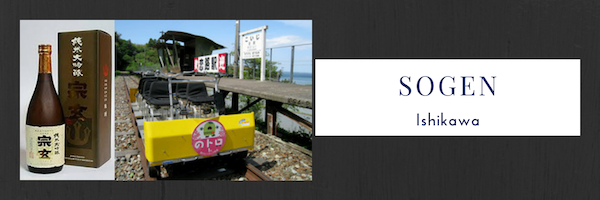
Founded in 1768, Sogen Sake Brewery is deeply rooted in the local community, who have cultivated love of their sake that taste smooth with a hint of sweetness. The locals call it “Sogen sake” after the family name of the owner. In addition, our higher-end sake are well recognized by sake fans for their elegant aroma. Suzu City, where the brewery is located, is home to the famed Noto Toji school of brewers.
Sogen Sake Brewery was founded in the mid-Edo Period, 1768, even before America declared independence in 1776. Legend says Sogen Chugoro who traced his roots to Yoshiharu Hatakeyama, the lord of Nanao-jo Castle in the Sengoku Period, started business and his descendant was trained in a brewery in Itami (present-day Hyogo Prefecture) and mastered the secrets of the sake brewing.
Since then, Sogen Sake Brewery has carried on the tradition and has been brewing sake to please their customers for over 240 years.Their motto is, “Our customers keep coming back to us.”
Noto Toji is one of the Japanese four major Toji group and it is said that Sogen Sake Brewery is the birthplace of Noto Toji. Toji is the superintendents in breweries and is the professionals entrusted with training many brewers.
Sogen Sake Brewery succeeded in making high-quality Ginjo-shu with a fruity, delicate taste. They are proud of their own contemporary style of sake brewing, garnered through years of traditional brewing called the “Noto Style.”
Community vitalization by Sogen Sake Brewery
Like many other country regions of Japan, Oku-Noto struggles with a dwindling population and economy. One consequence was the closing in 2005 of the Noto Line which connected the lower and upper portions of Noto.
In 2013, Sogen acquired and restored a portion of the Noto Line rail and tunnel. It was part of a regional initiative, the “Oku-Noto Area Vitalization Project”, whose goal was to reinvigorate the local communities.
When the restoration was completed, Sogen launched Notoro, a self pedaled trolley. Visitors are welcome to enjoy a ride on this trolley and the scenic views it offers along the coastline. You can also take nostarsic photos walking on the rail tracks like a “Stand by me” film.
The tunnel section of the line was also restored and is now used exclusively for sake storage. The natural ambient temperature of 12℃ is ideal for aging, and gives the sake a more mellow and deeper taste.
Sogen Sake Brewery Co.,Ltd. Home page
Tasting at home by amazon
Sogen Junmai Daiginjo 宗玄 純米大吟醸 720ml
Izumibashi (Izumibashi Sake Brewery Co., Ltd.)
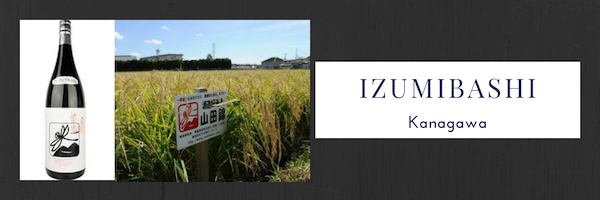
Izumibashi sake brewery is in Ebina city in Kanagawa prefecture. It was founded in 1857. Kanagawa is adjacent to Tokyo, and gets a lot of tourist traffic owning to its landmarks – Yokohama and Hakone.
Surrounding the brewery are rice fields. Many of those fields are cultivated by Izumibashi itself. In 1996, the brewery began growing its own rice. Now, they cultivate over 40 hectares of rice fields – a mixture of own and rented land.
Izumibashi sake brewery puts an emphasis on natural farming methods. While not going 100% organic, Izumibashi grows rice with minimal use of agrichemicals. Using natural methods to increase vitality and strength of plants, it grows rice that is naturally pest-resistant. Izumibashi has been able to reduce the use of agrichemicals by 96-100% of the existing prefecture standard.
The brewery also works with the local Sake Rice Association to re-cultivate unused land and promote natural farming methods. As a result, all farmers they work with have reduced the use of agrochemicals to 60% of allowable level.
The red dragonfly, the symbol of Izumibashi, likes rice fields. Izumibashi believes that it has seen the increase in dragonfly numbers – a result of using less chemicals. A nice sort of symmetry in that, don’t you think?
Izumibashi sake brewers also mill the rice they use in their sake. While a few brewers do that, the majority outsource this task. Izumibashi’s staff assess the quality of rice that comes to the brewery, which can differ by strain, origin and even the weather of each summer, and polish the rice according to their findings. From growing to polishing, rice gets a lot of attention at Izumibashi!
Izumibashi only brews junmai sake, which means the brewers do not add any distilled alcohol to sake at any stage. While addition of a small amount of alcohol at the end of the brewing process is a valid technical step in sake brewing (it helps draw out alcohol-soluble flavours), a small number of breweries believe that it can be avoided with enough effort and skill.
Izumibashi Sake Brewery Co., Ltd. Home page
Tasting at home by amazon
Izumibashi Kuro Tonbo(dragonfly) – Ki-moto –いづみ橋 黒蜻蛉 生もと 純米酒 泉橋酒造 720ml 神奈川
DATE AND TIME
2018/10/25 (Thu)~2018/10/31 (Wed) 10:00~20:00
You cannot go? Check out ichibansake Event Calendar
LOCATION
Ikebukuro Tobu Department Store B1F
1 Chome-1-25 Nishiikebukuro, Toshima, Tokyo 171-0021
Access
Directly connected to “Ikebukuro station”
Web site
For more information visit, 東武百貨店 池袋店 日本酒催事スケジュール
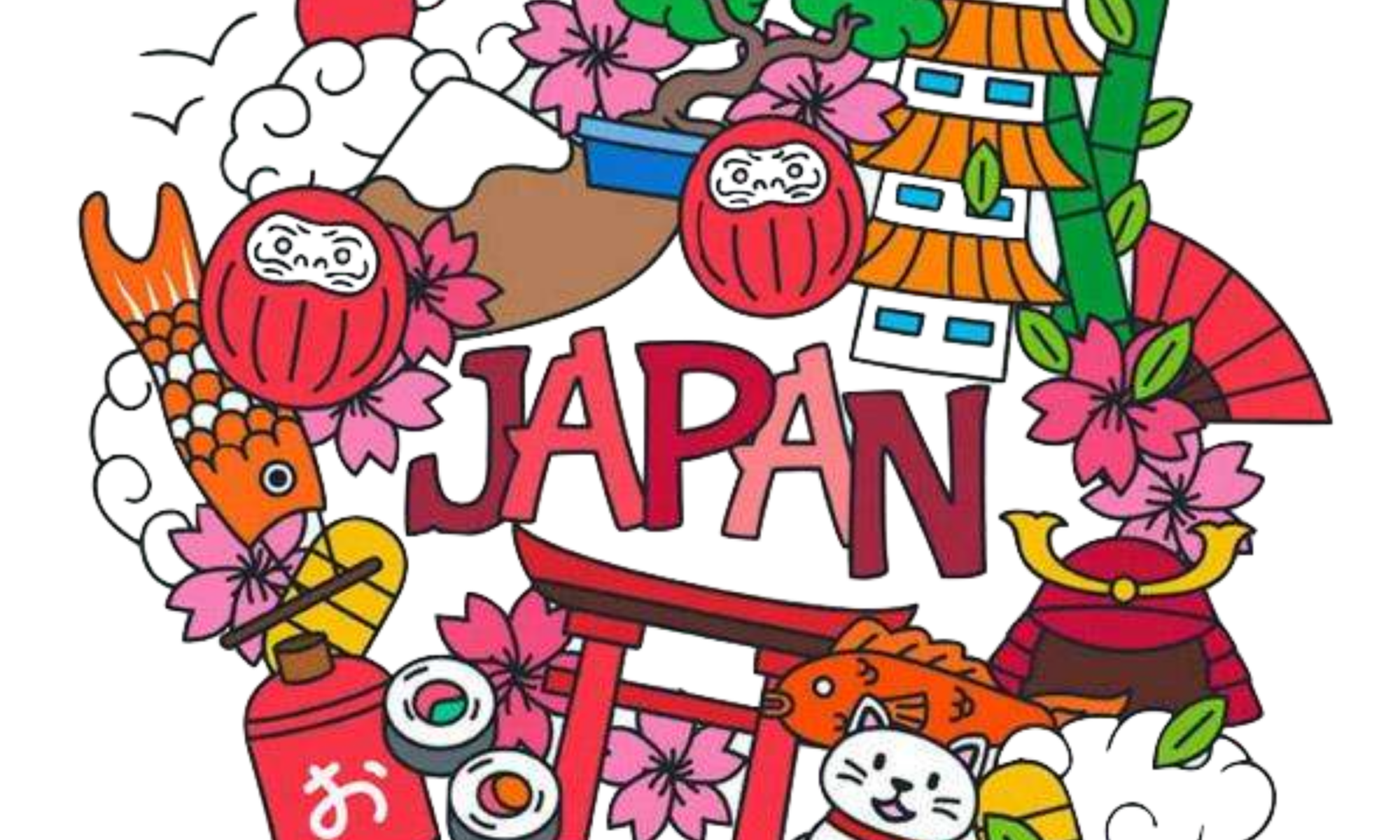

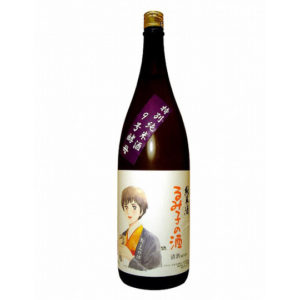
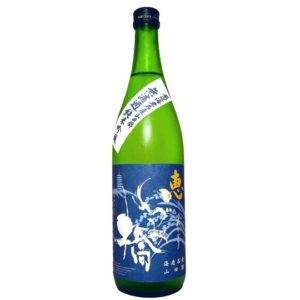 Izumibashi sake brewery is in Ebina city in Kanagawa prefecture. It was founded in 1857. Kanagawa is adjacent to Tokyo, and gets a lot of tourist traffic owning to its landmarks – Yokohama and Hakone.
Izumibashi sake brewery is in Ebina city in Kanagawa prefecture. It was founded in 1857. Kanagawa is adjacent to Tokyo, and gets a lot of tourist traffic owning to its landmarks – Yokohama and Hakone.